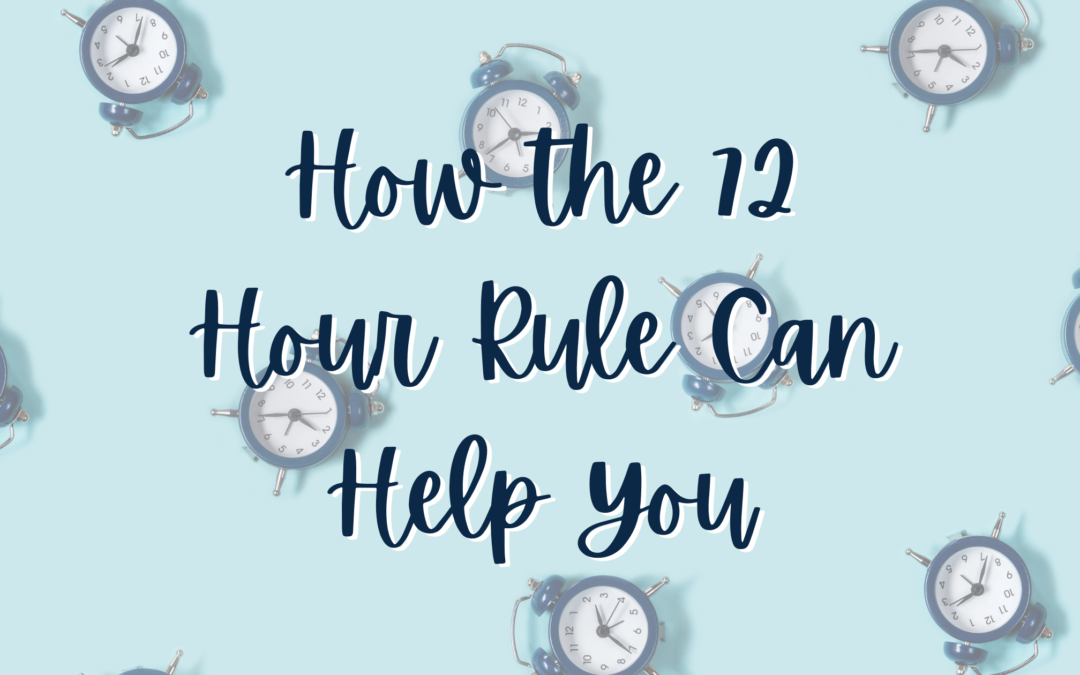When you have a problem, whether it be an argument with your friend or a bad day at work or school – how often do you let the problem get to you? We let our problems affect us more than we realize, and some people aren’t even aware they are letting problems affect them.
I was in the same boat a couple of times in the last week and have gone through this way more times than I could count in the past.
One of the many instances involved me anxious and distressed because of the crushing stress of my subjects’ practicals. Sure, a little concern was required to get the work done and the syllabus completed, but there was definitely no need to get as panicked as I was, at the time. As I took a few deep breaths, I asked myself – if I looked back to today after merely 3 days, would it be worth the anxiety? The answer was a clear no, because I knew that as soon as I’d be done with the exams, I wouldn’t bother about it.
And this is the case with almost all of the things that worry us. Once a deadline is gone, we will not look back.
That’s where the 72 hour rule flashed in my mind after being hidden for a couple of years.
I could not recall the exact words, but it was something along the lines of “if it won’t bother you in 72 hours, it’s not worth fretting over”.
All I could think was that it’s so damn true. Your older version will genuinely laugh over things that made younger you super upset. As you grow, the problems you face earlier don’t seem to be as difficult, just as 2+2 is not difficult to you anymore.
What was even more noteworthy was that this rule can be extended to other situations too in your life. This rule can not only be used in anxious situations, critical arguments but can also be used to control your anger.
Hurting because of someone’s words? Give it 72 hours. Furious at someone? Use the 72 hour rule.
We often feel this extreme need to react to a situation, which can easily turn into overreactions, and even burning the bridges over the pettiest of matters.
I think even my situation with a friend would have deteriorated had I not been preoccupied with the thoughts of the very same practicals.
He had actually behaved in a way that he had never done before and it came as a bit of a shock to me and I was ready to rant about it to my other friend (who also had her practicals).
So we decided to talk about it after we would be done with our practicals.
The next day when I woke up, I did not feel the need to vent out anything to anyone. I was surely a little mad, but nothing that couldn’t be sorted out by just talking it out.
I am not encouraging you to suppress your emotions and not speak out what you’re feeling – it is just giving yourself time to make sure that it is what you are feeling. Like i said earlier, sometimes we feel angrier about something than we actually are. If you do feel the same thing even after 72 hours go right ahead and speak your mind.
The rule is simple. Whenever something tends to upset you or someone’s actions or words infuriate you, wait for 72 hours before showing your emotions. In simpler words, hold back your immediate reaction and give yourself 72 hours before coming down to any conclusion.
Ordinarily, you will see that things have improved merely within 24 hours; as was my case. Till the 3rd day, or the 72nd hour, my friend and I were as good as usual, maybe even better.
So sometimes, it’s good to pause before you react 🙂
Tell me about an instance where you have waited before reacting to a situation and it has actually brought about a positive effect.


Agree with it and I would follow too. 🙂
Great!